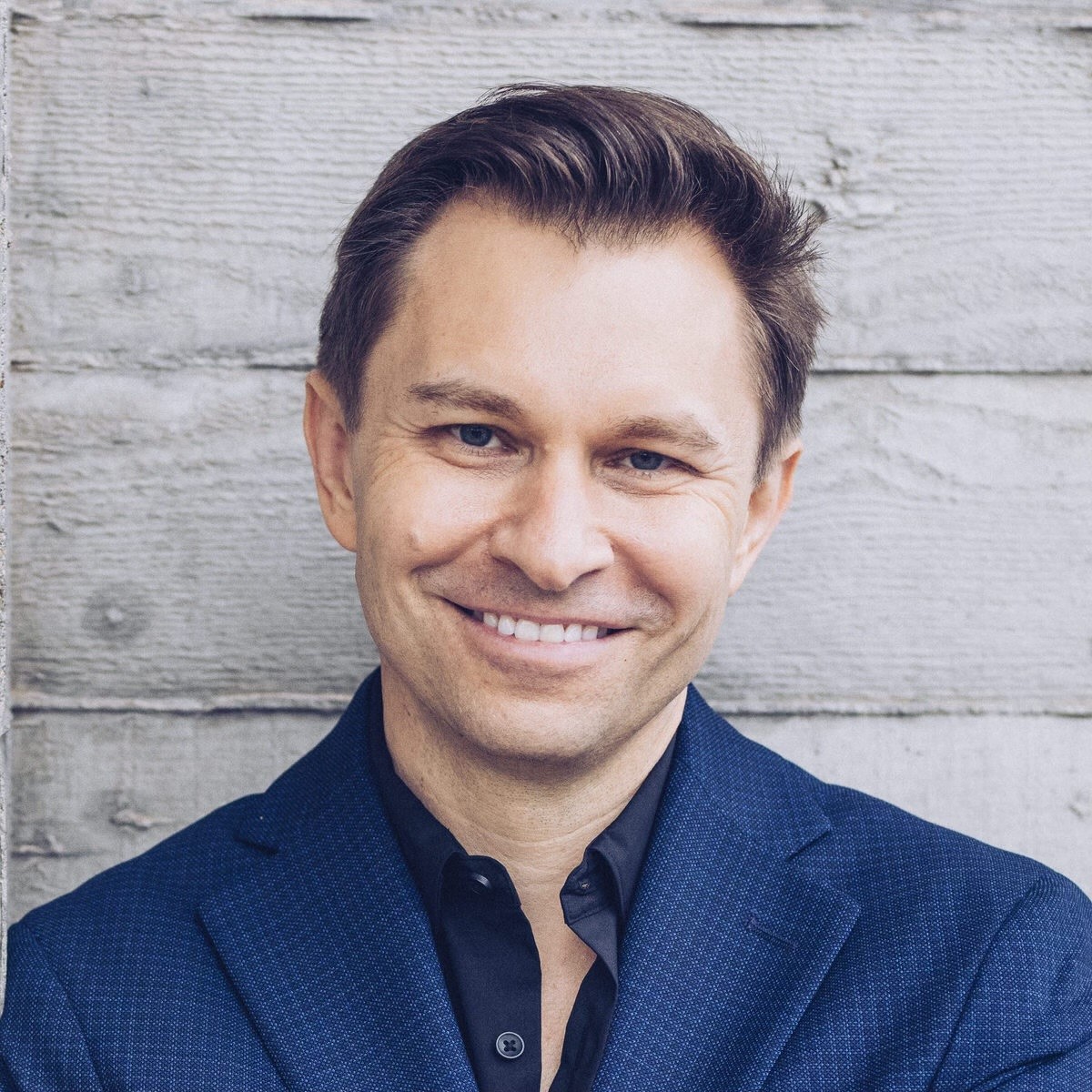David Sinclair, 2001

Who he is
David A. Sinclair, A.O., Ph.D. is a tenured Professor in the Department of Genetics at the Paul F. Glenn Center for Biology of Aging Research at Harvard Medical School. He is best known for his work on understanding why we age and how to slow its effects. He obtained his Ph.D. in Molecular Genetics at the University of New South Wales, Sydney in 1995 and worked as a postdoctoral researcher at M.I.T. with Dr. Leonard Guarente where he co discovered a cause of aging for yeast as well as the role of Sir2 in epigenetic changes driven by genome instability. In 1999, he moved to Harvard Medical School where he has been teaching aging biology and translational medicine for aging for the past 23 years. His early research was focused on the sirtuins, which are protein-modifying enzymes that respond to changing NAD+ levels and to caloric restriction (CR) with associated interests in epigenetics, energy metabolism, mitochondria, learning and memory, neurodegeneration, and cancer.
What he does
Dr. Sinclair’s research is focused primarily on understanding genes that fight disease and aging, with a focus on treating the major causes of death and disability. He studies cellular energy production, learning and memory, neurodegeneration, cancer, and inflammation. More recently his work has branched out to understand why we age and how to reverse it. He has directly mentored over 100 scientists over the past 20 years and won awards for mentorship and teaching. He is co-founder of several biotechnology companies and is on the boards of several others. He is also co-founder and co-chief editor of the journal Aging. His work is featured in seven books, three documentary movies, 60 Minutes, Morgan Freeman’s “Through the Wormhole” and other media. He is an inventor on over 50 patents and has received more than 35 awards and honors including the CSL Prize, The Australian Commonwealth Prize, Thompson Prize, Helen Hay Whitney Postdoctoral Award, Charles Hood Fellowship, Leukemia Society Fellowship, Ludwig Scholarship, Harvard-Armenise Fellowship, American Association for Aging Research Fellowship, Nathan Shock Award from the National Institutes of Health, Ellison Medical Foundation Junior and Senior Scholar Awards, Merck Prize, Genzyme Outstanding Achievement in Biomedical Science Award, Bio-Innovator Award, David Murdock-Dole Lectureship, Fisher Honorary Lectureship, Les Lazarus Lectureship, Australian Medical Research Medal, The Frontiers in Aging and Regeneration Award, Top 100 Australian Innovators, and TIME magazine’s list of “The Top 50 in Healthcare” and the “100 Most Influential People in the World.”
News from the Lab
The Sinclair lab was the first to identify a role for NAD+ biosynthesis in regulation of lifespan, that sirtuins activated by CR in mammals (A Unified Theory of Caloric Restriction, 2005), the identification of small molecules that activate SIRT1 such as resveratrol, how organisms appear to have evolved to sense plant stress and declining food supply by having plant stress metabolites such as polyphenols activate longevity defenses (The Xenohormesis Hypothesis, 2006), that relocalization of epigenetic factors such as SIRT1 in response to DNA breaks may be a cause of aging (The RCM Hypothesis of Aging, 2008), how miscommunication between the mitochondrial and nuclear genomes is a cause of age-related physiological decline (The Mitochondrial Oasis Hypothesis, 2009), and the idea that epigenetic changes causing cells to lose their identify are a main cause of aging and this is a reversible process (The Information Theory of Aging, 2019).


